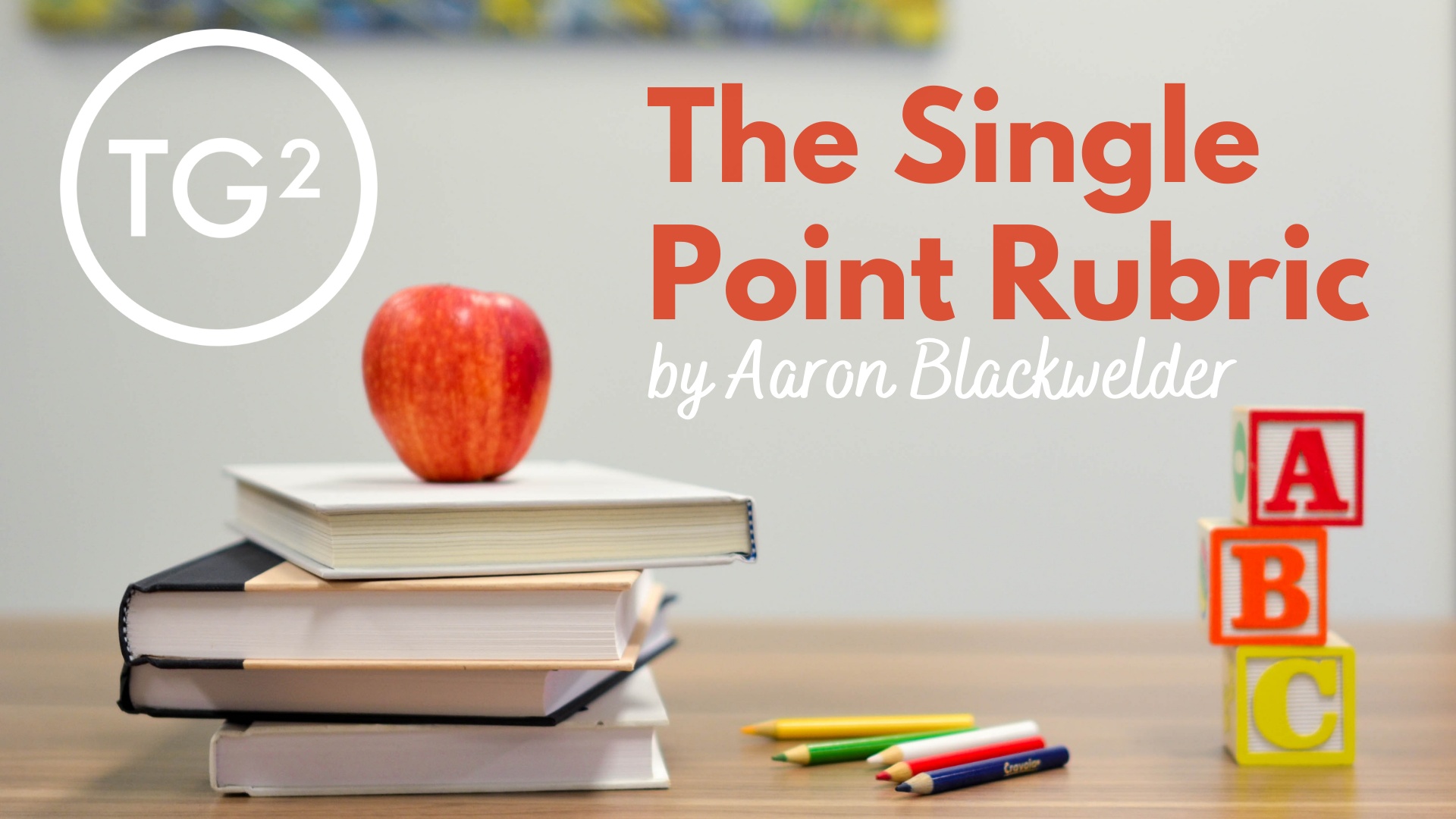Grades, Equity, and the Grammar of School
As we de-emphasize grades in our classroom, we still have a responsibility to make the larger grammar of schooling intelligible to our students so they can see a clear connection between our assessment and the numbers that will follow them around.
The Child Behind the Grade
We have become accustomed to equating the student with the grade itself. Consequently, when we utter a number or letter, we believe we have adequately defined human being who sits in our classroom.
Creating a Culture of Feedback
In order to be effective, feedback must be relevant, meaningful, specific, frequent, and time-bound. Feedback helps students move forward, question, and grow as learners. If teachers are providing feedback on every piece of student writing, students are not writing enough.
What About Cheating?
Integrity may not be one of our intended objectives, but it is a lesson that should surpass any Common Core State Standard. Missing an opportunity because of a shortsighted decision misses the point of education.
The Problem With "Measure"
Measurement requires a standard unit, a recognized standard that can be objectively applied in a context. There is no standard unit of measurement to apply to learning. A skill can be demonstrated, progress can be noted, understanding can be communicated and shared, but not reliably or validly measured.
Why We're Gradeless
When Arthur and I first started Teachers Going Gradeless, I don't believe either of us expected to meet such an impressive group of educators. We have invited a few of these teachers to share their gradeless journey. These teachers represent middle through high school and cover all four major content areas.
The Monster at the End of this Book
Recently, I’ve spent a lot of time deriding the ‘scoreboards’ of standardized summative tests in education. Regardless of how much we complain about the state of things, I wonder if we are the monsters at the end of this book.
Teachers Going Gradeless
We are teachers who are convinced that teaching and learning can be better when we grade less.
Why Standards-based Grading is Not Enough
I have lately found myself becoming “tired and sick” of structures fail to account for the richness, complexity, and wonder of teaching and learning. Why standards-based learning is not enough.
You. Empowered.
What are we saying when we consecrate testing days with such ritualistic fervor? What are we saying about learning, about life? And more importantly, are we allowed to write on the packet?
The Single-Point Rubric
Aaron Blackwelder describes how the single-point rubric has transformed his teaching. Read how, with a few alterations, this tool has allowed him to provide more thorough and meaningful gradeless feedback
Now is the Time to Start Freaking Out About Final Exams
As we approach the end of the semester, it’s time renew a yearly teacher ritual: panicking about the material still left to cover before the final.












